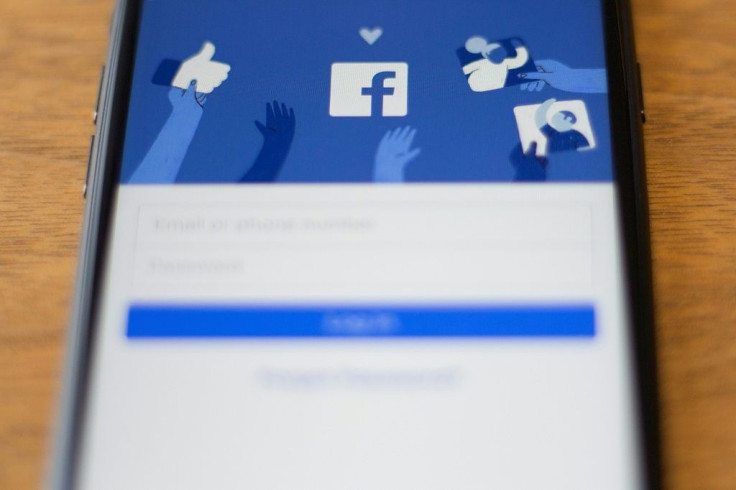What Facebook Is Doing About Political Ads, Rules Change Ahead Of 2020 Election

KEY POINTS
- Facebook has been under pressure to revise its rules on political advertising because of Russian interference in the 2016 U.S. presidential election
- Facebook is declining to follow the lead of Twitter, which banned all political ads, or Google, which tightened rules about microtargeting
- Facebook called on governments to come up with "democratically accountable" guidelines for social media to follow
Facebook on Thursday said it won’t prevent politicians from making false claims in paid political ads but will give users more control over what ads they see.
The social networking giant has been under pressure to rethink its approach to political ads amid arguments the company’s policies helped create the toxic political climate that has divided the American electorate.
Debate over false political advertising is the result of Russian interference in the 2016 U.S. presidential campaign, which included the planting bogus stories that were widely shared on social media and the establishment of fake accounts that promoted specific falsehoods or viewpoints.
Facebook chief Mark Zuckerberg, however, has said it’s not Facebook’s place to determine the veracity of what politicians say.
Facebook in October refused to take down a Trump campaign ad that made false accusations against former Vice President Joe Biden, saying such action would violate the company’s “fundamental belief in free expression.”
Sen. Elizabeth Warren tried to provoke the company by running an ad falsely stating Zuckerberg backed President Trump’s reelection, but the company left that ad up, as well.
Instead of banning blatant falsehoods, Facebook said it would give users the choice of seeing fewer ads about candidates and social issues beginning this summer. Users also would be able to block some ads entirely. The new policy was announced in a blog post by Rob Leathern, director of product management.
“There has been much debate in recent months about political advertising online and the different approaches that companies have chosen to take. While Twitter has chosen to block political ads and Google has chosen to limit the targeting of political ads, we are choosing to expand transparency and give more controls to people when it comes to political ads,” Leathern wrote.
“Unlike Google, we have chosen not to limit targeting of these ads. We considered doing so, but through extensive outreach and consultations we heard about the importance of these tools for reaching key audiences from a wide range of NGOs [nongovernmental organizations], nonprofits, political groups and campaigns, including both Republican and Democratic committees in the U.S.”
Leathern said it is not the company’s place to make decisions about political ads and urged policymakers to come up with “democratically accountable” guidelines, adding that people “should be able to hear from those who wish to lead them, warts and all.”
Twitter head Jack Dorsey announced in October the microblogging site would ban all paid political ads, saying people could instead choose to follow particular candidates and issues.
“While internet advertising is incredibly powerful and very effective for commercial advertisers, that power brings significant risks to politics where it can be used to influence votes to affect the lives of millions,” Dorsey said.
Google followed suit in November, announcing it wanted to “improve voters’ confidence in political ads” by making ads more targeted and rejecting ads that make false claims.
“It’s against our policies for any advertiser to make a false claim -- whether it's a claim about the price of a chair or a claim that you can vote by text message, that election day is postponed, or that a candidate has died,” Google said.
Facebook allows ads to be more finely targeted based on criteria such as age, education, ZIP code, income, relationship status, interests or political leanings, and allows advertisers to create custom audiences based on one’s internet habits. Trump’s 2016 campaign, for example, sent tens of thousands of different ads each day based on such information.
The Trump reelection campaign has balked at restrictions on political advertising and in November warned Facebook against limiting the campaign’s ability to target small audiences.
© Copyright IBTimes 2025. All rights reserved.






















